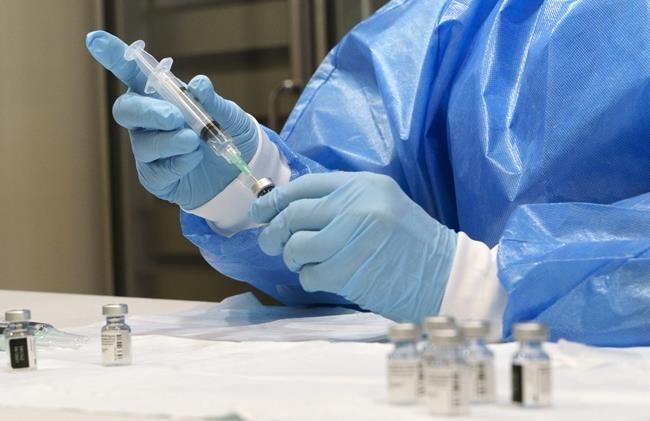A Canadian mother of three who says she suffered “permanent, significant physical, psychological, and emotional harms, and other damages” after receiving the COVID-19 vaccine has filed a $10.5 million lawsuit against the federal government, CBC News, and others.
According to a July 3 media release by the groups Empowered Canadians and the Institute for Freedom and Justice, the lawsuit was filed in the Court of King’s Bench in Lethbridge, Alberta, against the federal minister of health, the chief public health officer of Canada, Health Canada, the Public Health Agency of Canada, Alberta Health Services, and the Canadian Broadcasting Corporation, among others.





